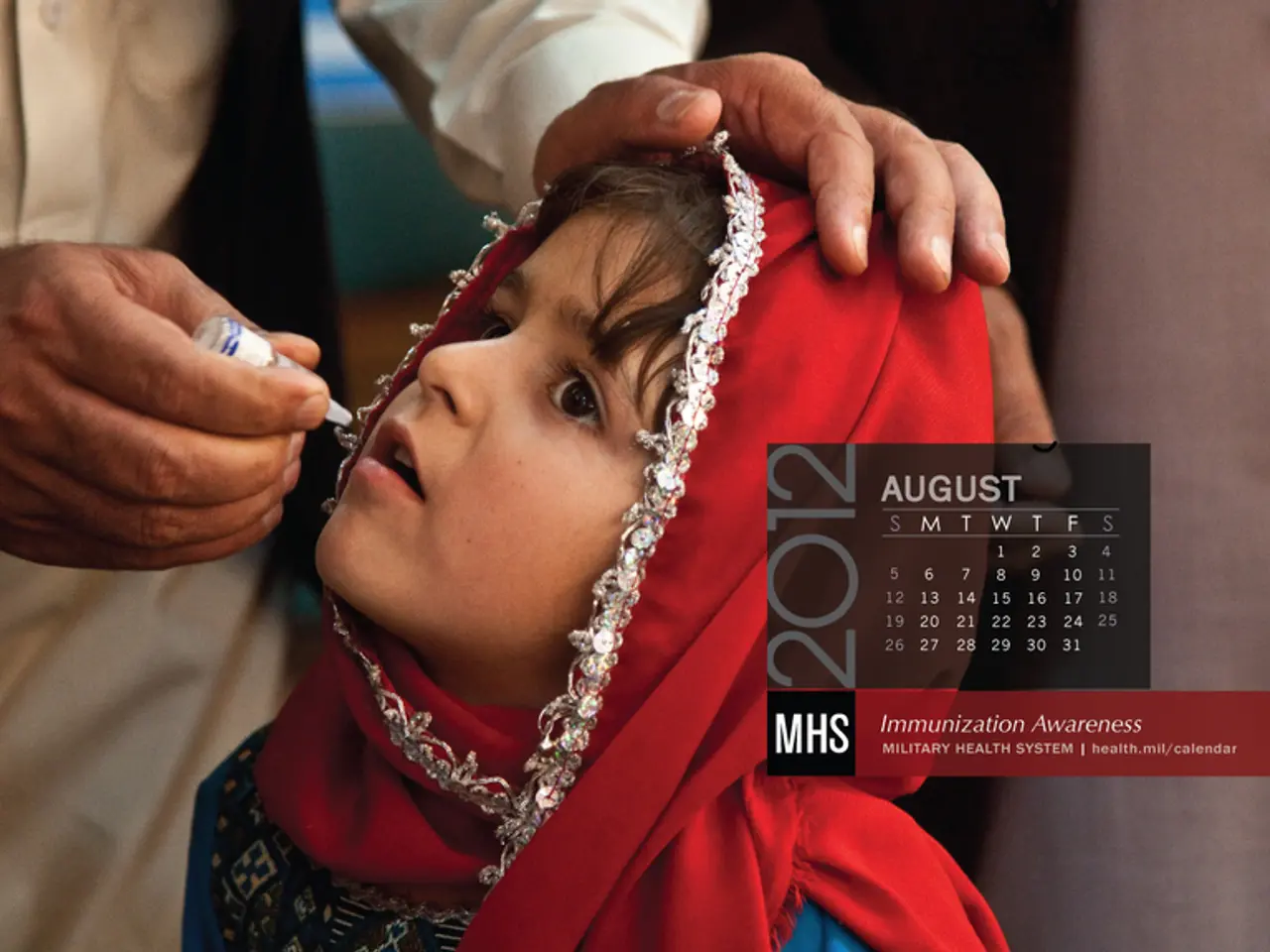Contemporary Government Affairs
The Centers for Disease Control and Prevention (CDC) is currently grappling with extensive restructuring and downsizing, leading to a leadership crisis and a void in several critical areas. This situation has prompted various organizations to take over work that was previously done by the CDC.
One such organization is the Vaccine Integrity Project, a group formed to compile and report medical evidence, similar to the role of the CDC and its Advisory Committee on Immunization Practices (ACIP) in the past. The Vaccine Integrity Project held an ACIP-like Zoom meeting in mid-August to discuss the safety and effectiveness of COVID-19, flu, and RSV vaccines for various groups. They are not making vaccination recommendations themselves, but are working with medical societies like the American College of Obstetricians and Gynaecologists and the American Academy of Pediatrics, which continue to recommend vaccines for pregnant women and children.
The Association for Dental Safety has launched a new institute for dental safety to pick up some of the work done by the CDC's Division of Oral Health, which was eliminated in the spring. The new institute is first focused on updating infection controls guidelines for dental offices, which the CDC last updated in 2003.
Meanwhile, Violence Prevention Solutions, a consulting firm founded by one of the laid-off CDC researchers, Sarah DeGue, aims to rebuild what was lost due to the layoffs, providing technical guidance and expertise to existing programs. About 100 CDC staffers who provided training, education, and advice to state and local violence prevention programs, and evaluated how well they were working, were fired by Health Secretary Robert F. Kennedy Jr.
The CDC's Pregnancy Risk Assessment Monitoring System, which annually surveys women across the country, lost its entire staff in layoffs this year. This system was the most comprehensive collection of data on the health behaviors and outcomes before, during, and after childbirth. Some states might decide to run similar surveys, but this would result in a lack of national, comparable data across jurisdictions and across time.
Dr. Megan Ranney, dean of the Yale School of Public Health, expressed concern about people feeling they have to turn to private groups instead of the government. Many public health veterans see the CDC as being in a leadership crisis, with staff and budget cuts, and unprecedented political meddling.
In May, Kennedy announced that COVID-19 vaccines would no longer be recommended for healthy children and pregnant women, a decision made without input from the ACIP. Kennedy dismissed the entire ACIP panel in June, accusing them of being too closely aligned with manufacturers.
The White House moved to oust the agency's director, and some top CDC leaders resigned in protest. Researchers at Boston Children's Hospital have restarted a version of the website www.vaccinefinder.org that existed before the pandemic. The website originally provided information about newly developed vaccines recommended to protect against the coronavirus and served as a search engine to help people find nearby pharmacies with the shots in stock, but it has been reduced to a simple tool that only helps find a pharmacy near you.
Organizations involved in CDC-related work on vaccine recommendations, information dissemination, health data collection, and dental safety include the CDC’s ACIP, state health alliances such as the West Coast Health Alliance (California, Oregon, Washington), and various state health departments that sometimes issue their own guidelines. The CDC also collaborates internationally with partner agencies in the EU and Germany on vaccine approval, early warning systems, and pandemic preparedness. Financial resources and support come primarily from the U.S. federal government through the CDC’s budget, while states like Colorado and others have their own health department budgets to implement tailored policies.
It is not yet clear which recommendations insurers will heed when making coverage decisions, and there remain questions about what will happen in states with vaccination policies tied to ACIP recommendations. Others aim to maintain health data collections at risk of being lost, and some are trying to release information that the CDC has stopped providing.
As the CDC navigates through these challenges, it is clear that various organizations are stepping up to fill the void left by the agency, working to preserve longstanding vaccination recommendations and providing crucial guidance in areas such as dental safety and violence prevention.
Read also:
- ICE directed to enhance detention conditions following NYC immigrants' allegations of maltreatment
- Israeli finance minister issues warnings about potential annexation of West Bank territories
- United States faces rebuttal from South Africa over allegedly deceitful human rights report and assertions of land expropriation
- Accident at Rodalben Results in Injuries; Geoskop Area near Kusel Affected After Stormy Weather








